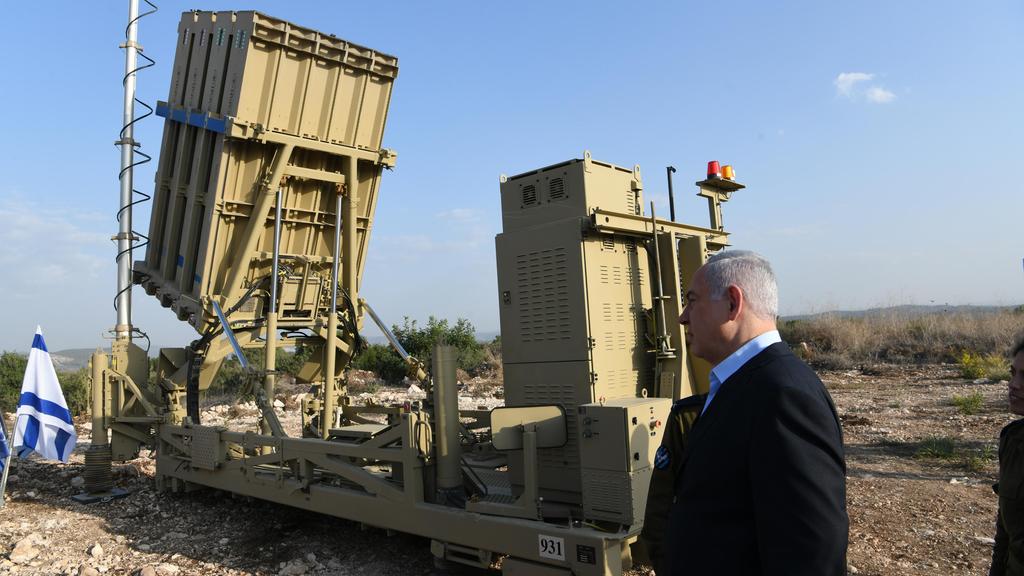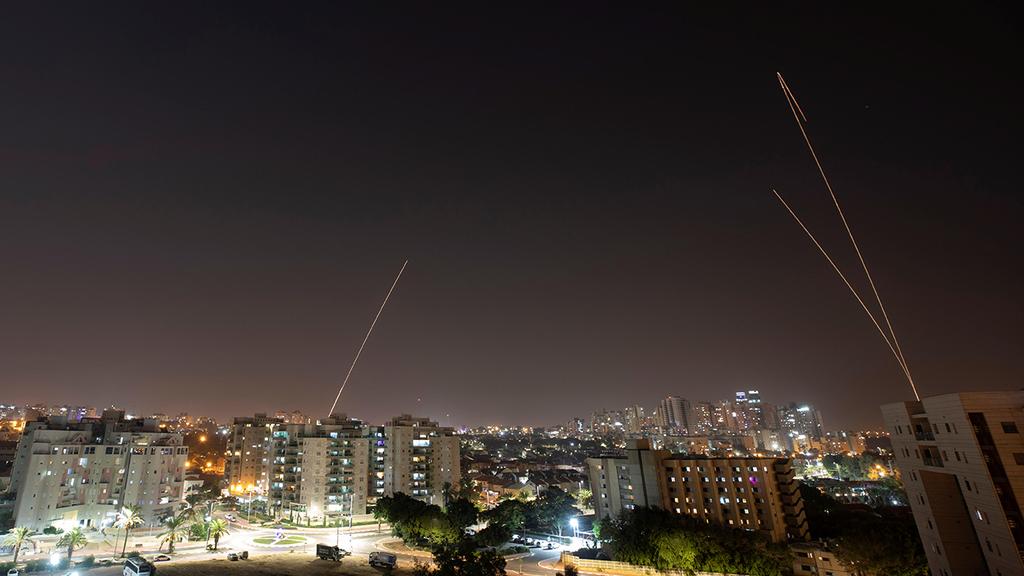Israeli military is considering cancelling rocket alert sirens, warning of incoming fire, leaving the civilian population to rely solely on the Iron Dome defense system, sources in the army said Tuesday.
The issue has apparently been put on the table after senior IDF officials discovered the majority of those hurt during rocket fire from the Gaza Strip wasn’t injured directly from the projectiles but rather as a result of hastily running to find a bomb shelter.
A large number of people are also often treated for shock due to anxiety involved with hearing the unsettling sound of the sirens.
For instance, during last month’s Operation Black Belt that began after Israel assassinated a top Islamic Jihad military commander in Gaza, Baha Abu al-Ata, not a single Israeli civilian had been injured directly as a result of the rocket fire, according to data provided by Magen David Adom emergency services.
During the two days of cross-border fighting, over 450 rockets were fired by the militants into Israeli communities. The most serious injury suffered by an Israeli during the flare-up was a woman who had a heart attack in the central city of Bat Yam.
The incident apparently occurred due to woman’s severe reaction to hearing the rocket alert sirens, which are rare in the center of the country.
During the operation, 60% of the rockets - fired mostly by Islamic Jihad - landed in open areas. Out of the remaining 40% of the projectiles that had been heading for residential areas, 90% were intercepted by the Iron Dome.
According to the IDF, due to the Iron Dome’s improved capabilities, it’s appropriate to reexamine the current policy and take a calculated risk in an effort to reduce the number of casualties.
The military emphasized, however, the proposal only intends to scrap the sirens during occasional rocket fire that occurs when “rouge” elements in the coastal enclave fire rockets without the consensus of the larger faction in the Strip.
During the time of war or a military operation the sirens would sound anytime a rocket fire is detected.
In addition, the sirens policy in Israeli communities bordering Gaza also wouldn’t change since not all projectiles fired from such a short distance can be intercepted.
The Home Front Command, on the other hand, prefer not to take risks and keep the current policy in place.
"The price of a direct rocket hit that might kill someone, even if it is unlikely, is far greater than the injuries suffered through anxiety," the Home Front Command said.



